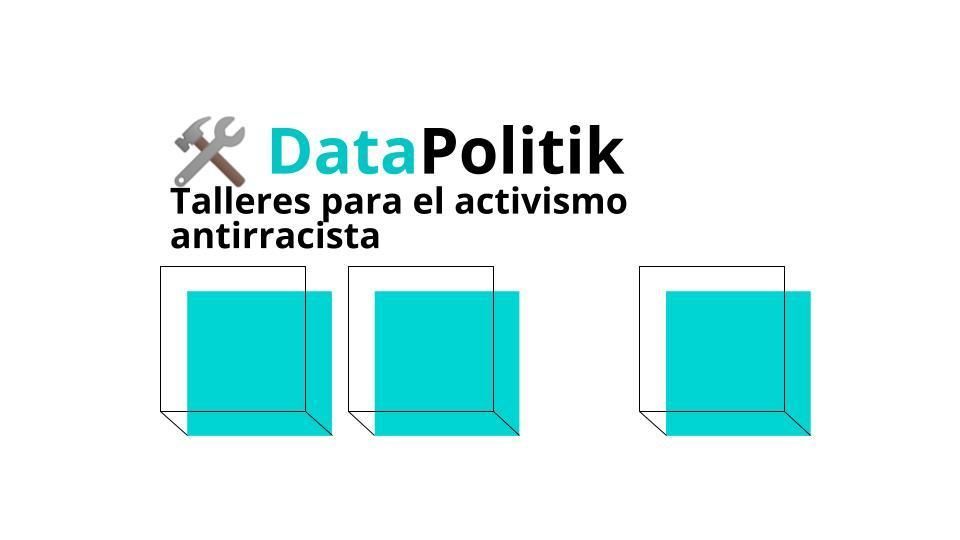Observatori Datapolitik
#ObservatorioDataPolitik Política i comunicació en l'era del big-data
Politics and communication in the big data era: critical approaches from the social sciences, complexity, and language.
Politics and communication are undergoing a transformation in the information age. The popularity of online social platforms such as Facebook and Twitter has increased the number of actors capable of disseminating political, commercial, and other types of messages to a massive number of potential recipients.
The transformation of access to the public sphere has led to a dual phenomenon: on the one hand, processes of disintermediation and self-communication of the masses, which have disrupted the traditional influence map of the media; on the other hand, new forms of mediation and concentration of power that escape the forms of democratic control developed within the framework of mass media.
We now know that the proliferation of informational options does not always lead to an empowerment of information-consuming citizens. On the contrary, it often generates a harmful collateral effect known as information overload, which results in the inability to engage in public debates beyond fragmented moments. As a consequence, social perception and the public narrative about "truth" and "reality" appear fragmented and uncertain in our societies.
The tensions between these two tendencies—one pointing towards emancipation and the other towards new forms of domestication or desinhibition—indicate that the dispute is not settled. However, there are many challenges. Among them, a lack of deep scientific knowledge about the mechanisms of information production and consumption in the digital environment, as well as their relationship with the "analog layer" of traditional media and modes of communication and interpretation. These mechanisms exhibit common patterns due to the shared characteristics of information societies, but at the same time, they show differences depending on the social and cultural context.
To effectively address the problem, it is urgent to establish a permanent observatory where communication science, sociology, political science, and the science of complex systems, among other disciplines, collaborate to enhance our understanding of what happens on social platforms, particularly in Catalonia and across the country as a whole. For now, we aim to bring together individuals and research groups that are conducting studies in this direction or possess practical knowledge in the mentioned fields.





Share: